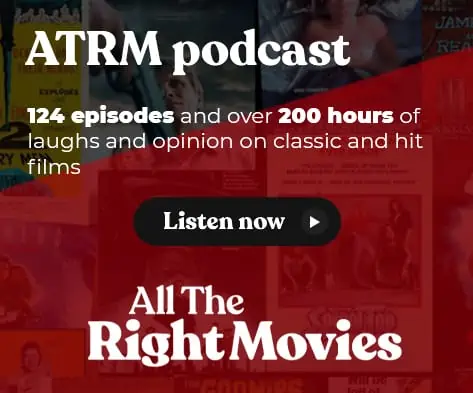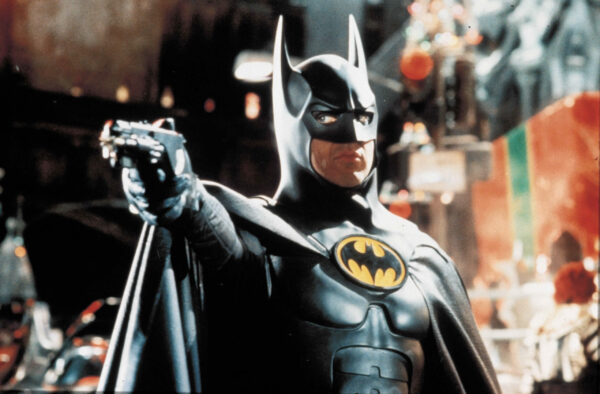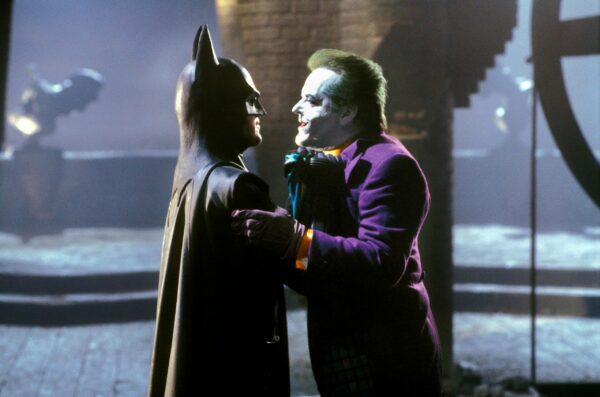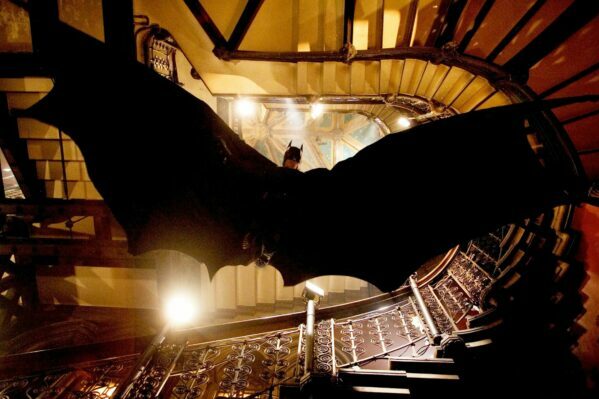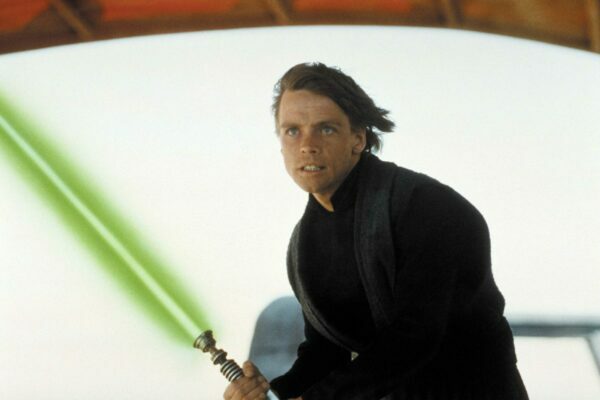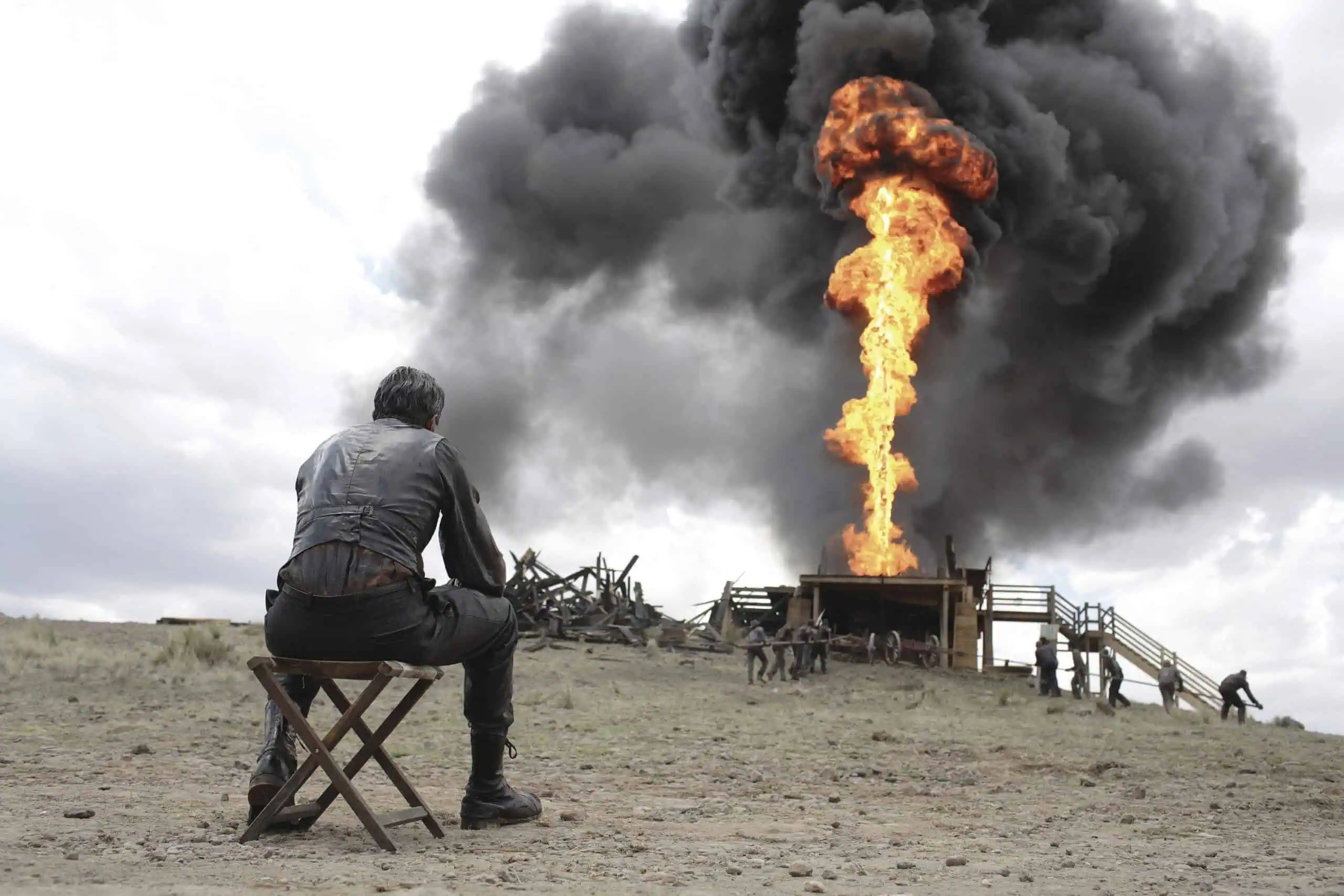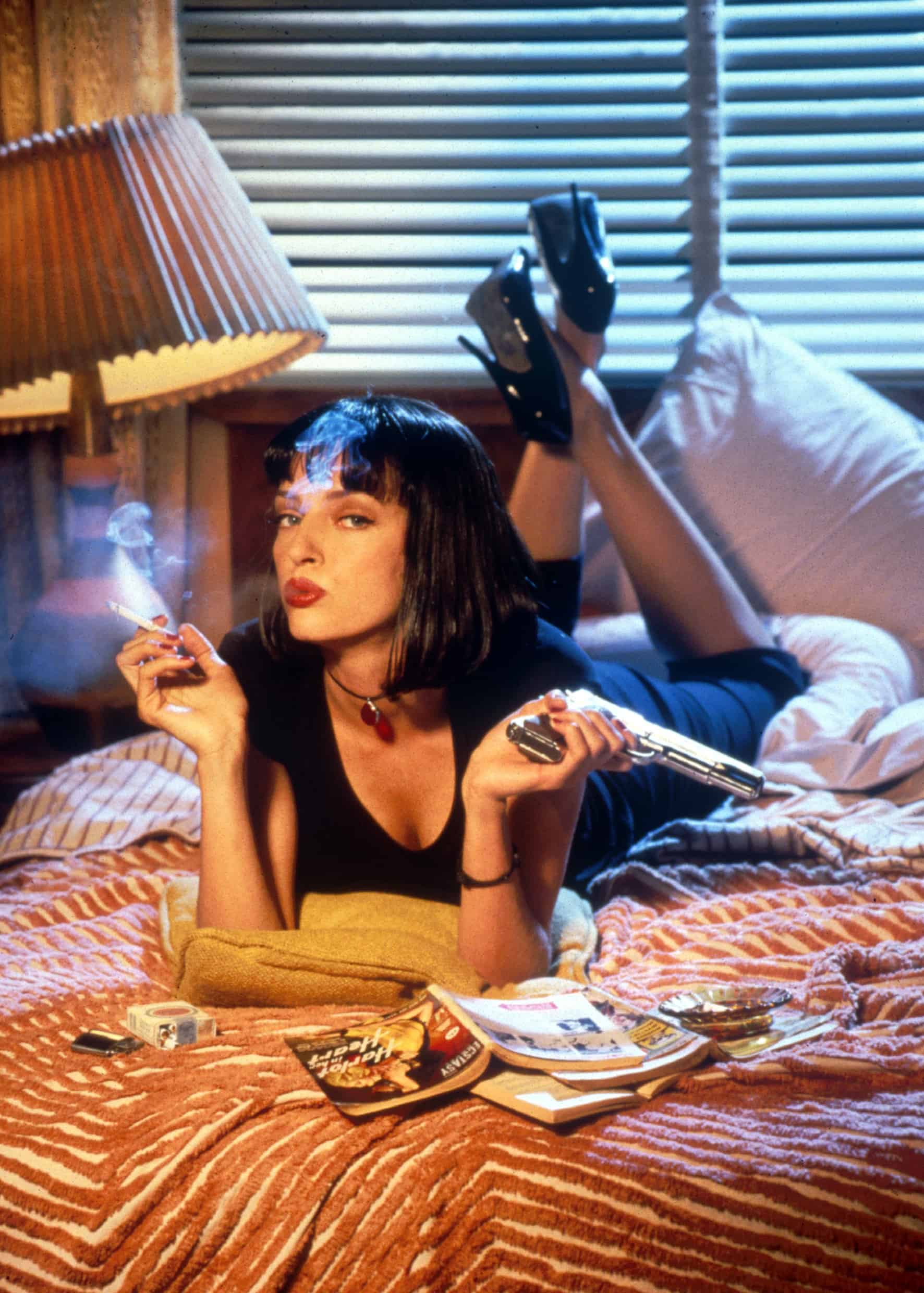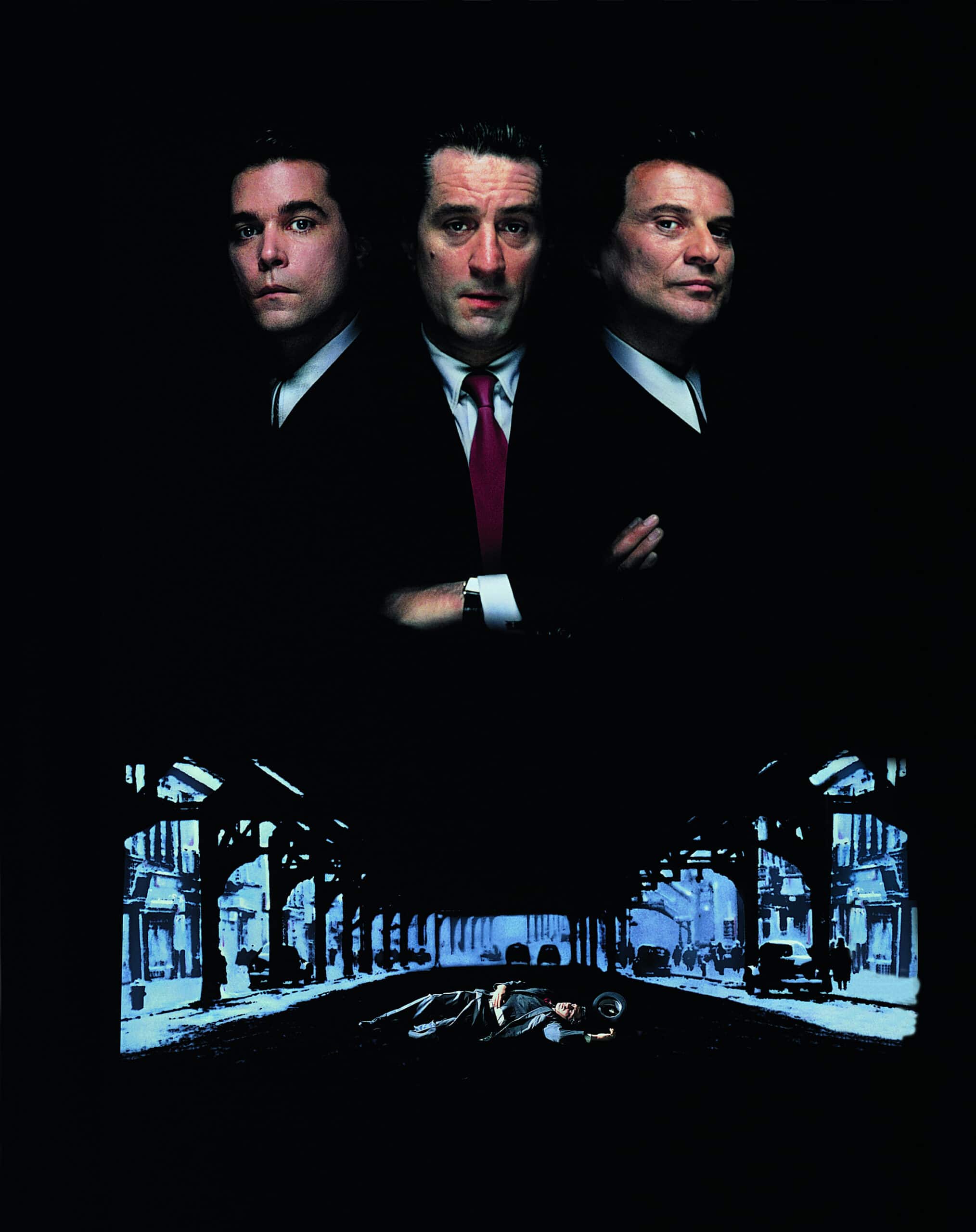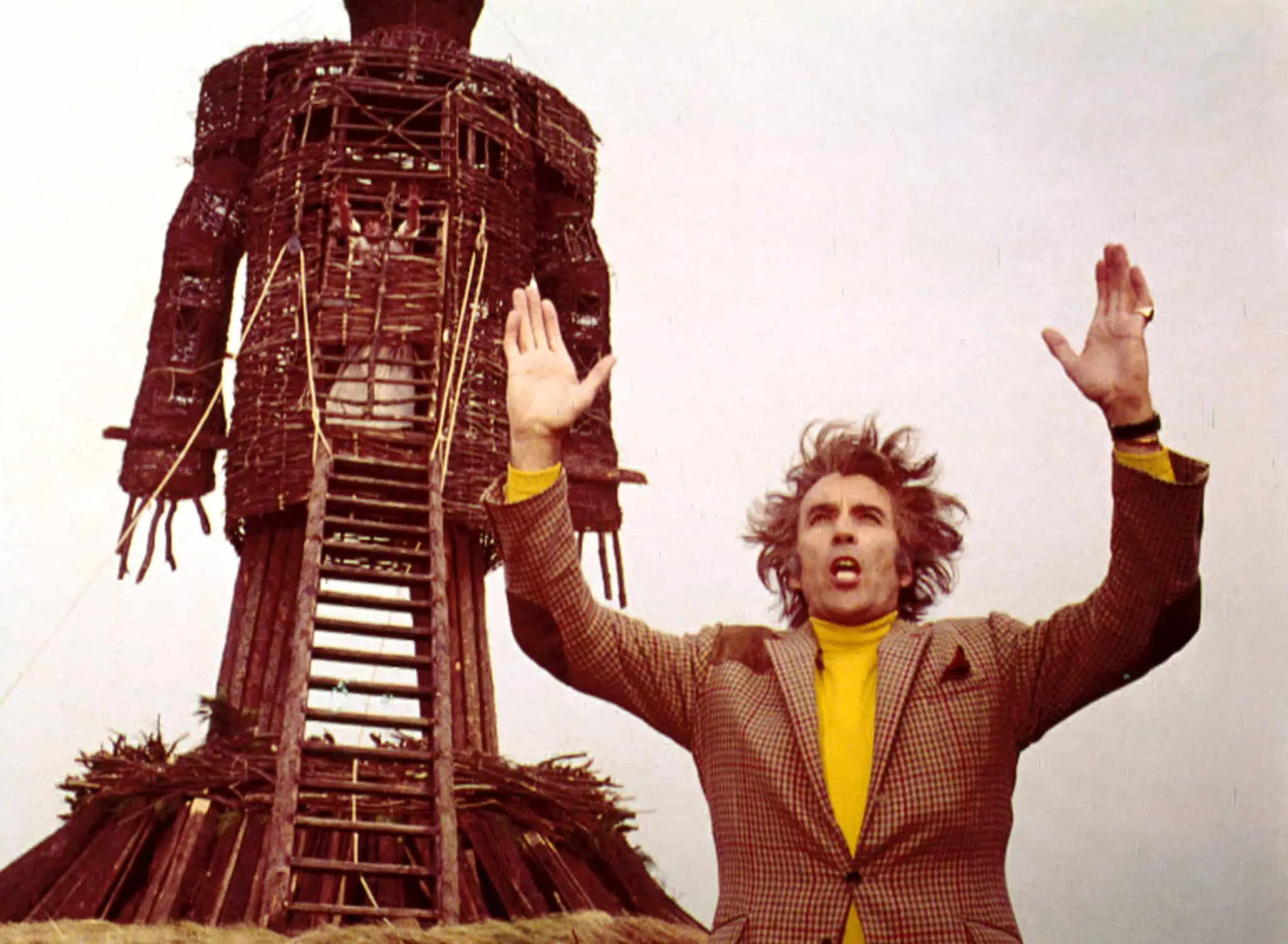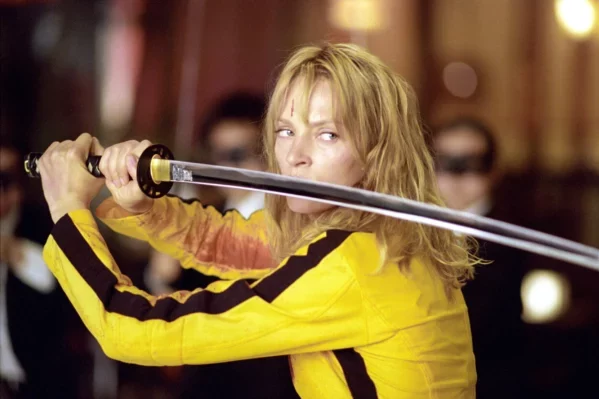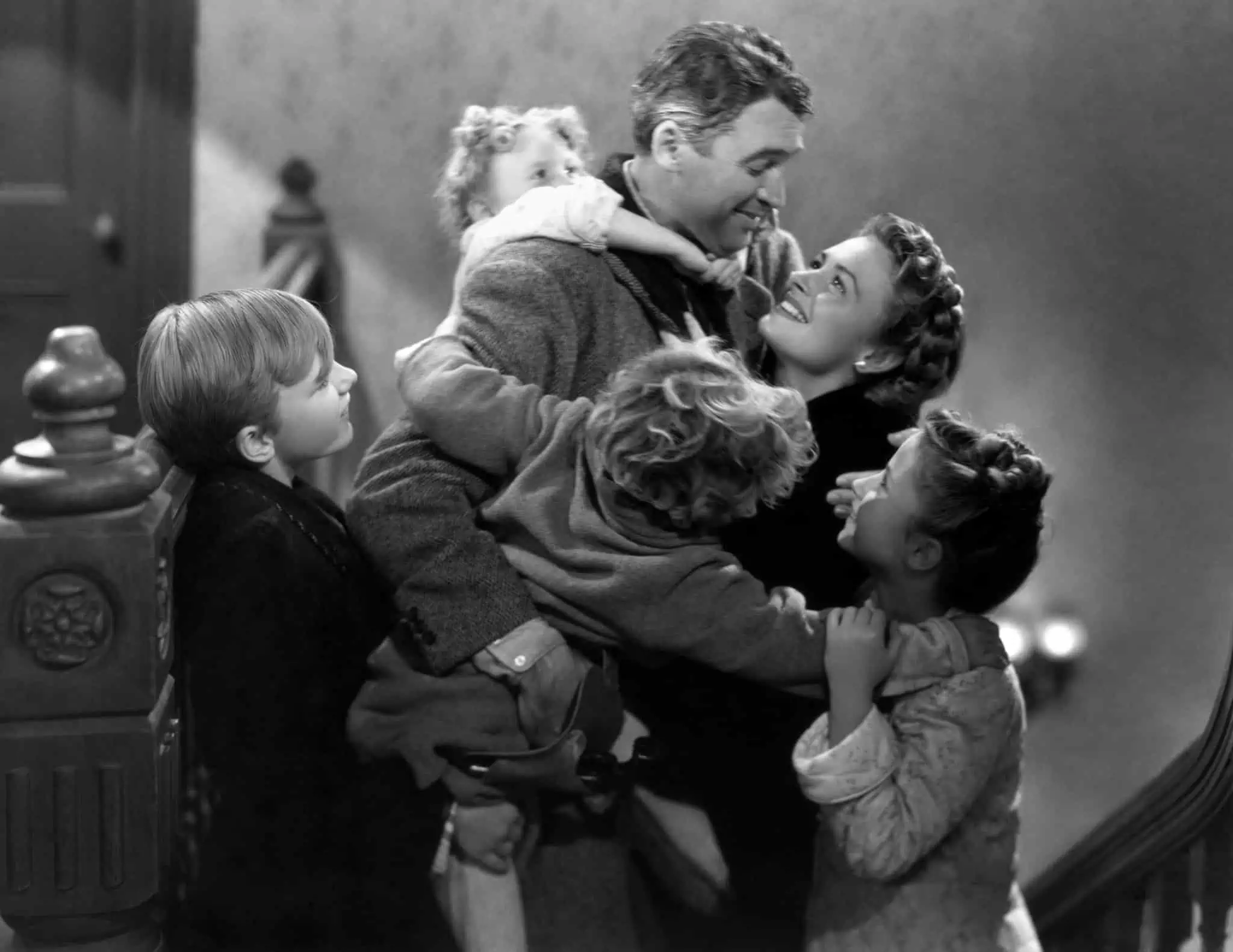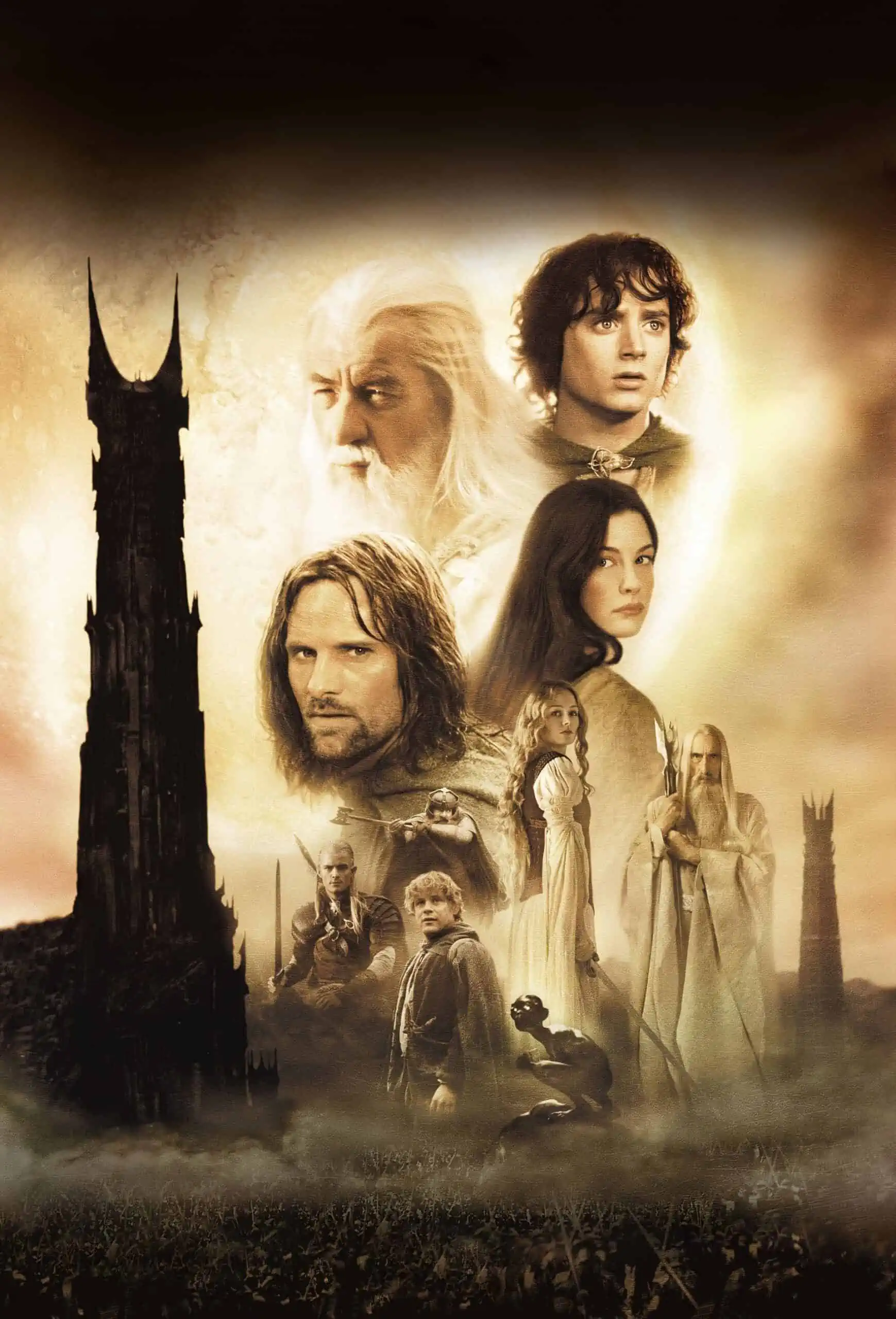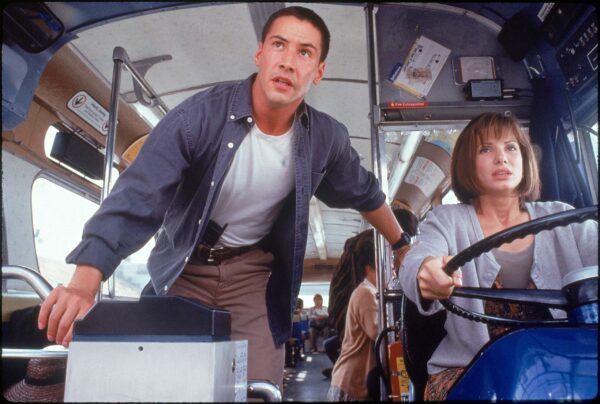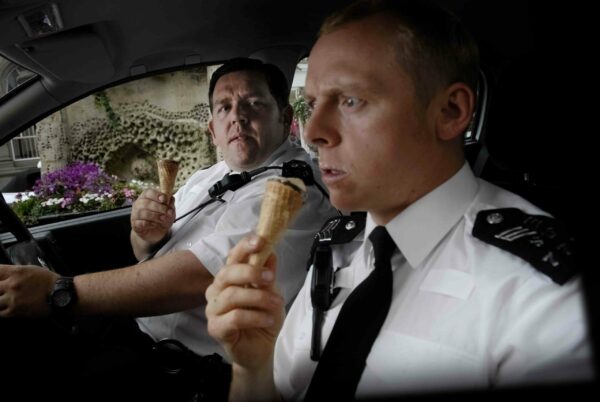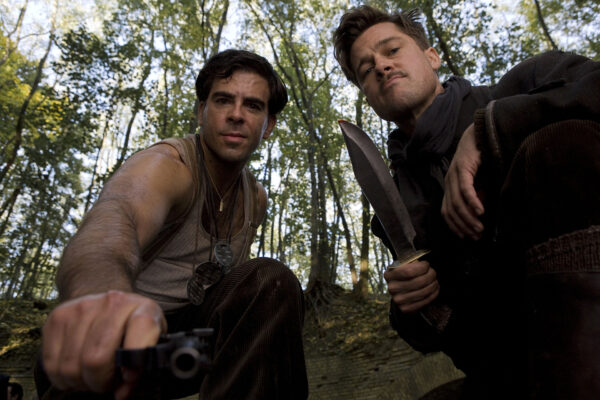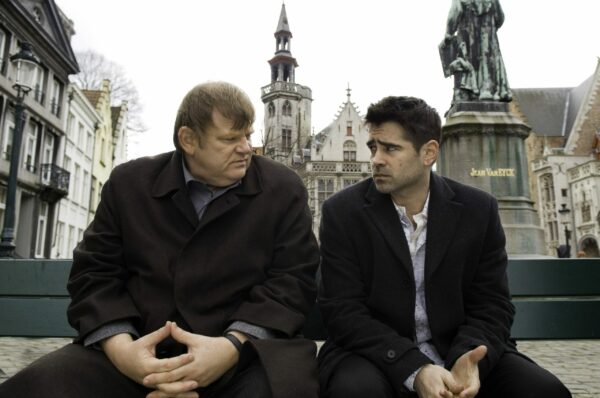
A little forgotten now perhaps, Catherine Hardwicke’s Thirteen caused quite a stir on its release in 2003. Vanessa Maki revisits the coming-of-age drama to see how it holds up.
Provocative movies aren’t always given the praise they deserve during their initial release year. Especially when they involve teenagers and dangerous behavior. Thirteen (2003) happens to be one movie that caused a lot of stir during the early 2000s and shocked people at the time.
Thirteen focuses on 13-year-old Tracy (Evan Rachel Wood) and her befriending of popular girl, Evie (Nikki Reed), which leads her down of a path of rebellion, sexual behavior, drugs, excessive shoplifting and overall self-destruction. On the outside, the movie may look like melodramatic teen chaos with a documentary feel to it, but it’s much more than that. Nikki Reed co-wrote the film at 14 years old with Catherine Hardwicke and drew from her own life experiences.
The beginning of the movie shows Tracy and Evie slapping each other (as they huff keyboard duster) and it sets the dark, angst-ridden tone immediately. Both girls are clearly into high-octane activities and chasing the thrills that come with living dangerously. That behavior is nothing new given the world we live in and the pressures put on teen girls. To put it simply: the grit and content (which includes graphic scenes of self harm) within the movie isn’t unrealistic. In fact it shows what teenage downward spirals can look like and why they happen in the first place.
Tracy is the original “good girl”, and starts to push everyone in her life away, lash out at home, and become increasingly reckless. Even the lighting applied throughout the film continues to dim, just as Tracy’s stability does. As everything progresses, it’s obvious there’s no glorification intended for its possible teenage viewers. The intense subject matter is displayed in a realistic way, never giving off the sense that Tracy or Evie’s behavior will end well. And it certainly doesn’t when Tracy realizes she has nobody in her corner anymore, has to repeat seventh grade and all her secrets come pouring out like burning gasoline.
Rather than following the same formula as most these movies do, Thirteen manages to capture the movie’s events (whichever ones were based on Reed’s life) and doesn’t ever get too preachy about the dangers of such behavior. The performances from Wood and Reed, as well as Holly Hunter (who plays Tracy’s mother), are raw and emotionally charged. And rather than giving both Tracy and Evie cookie cutter endings – the movie ends the exact opposite. Tracy is left to deal with the aftermath of her decisions and Evie exits her life in a very climatic fashion. Nobody wins and the core characters all lose something.
This movie may not speak to every 13-year-old girl who wants to be popular and seen in today’s climate. It may not even make sense to some who are barely scratching the concept of peer or societal pressure. But, it does serve as a relevant display of growing up too fast and what often manifests when living dangerously. Overall the movie is something special even if it seems overly grim.
